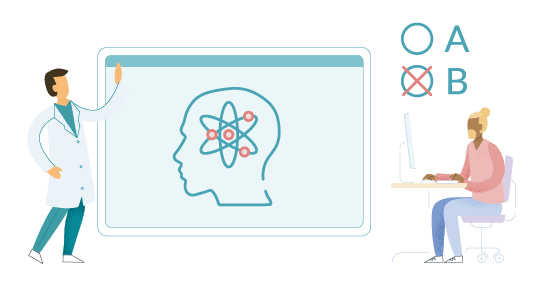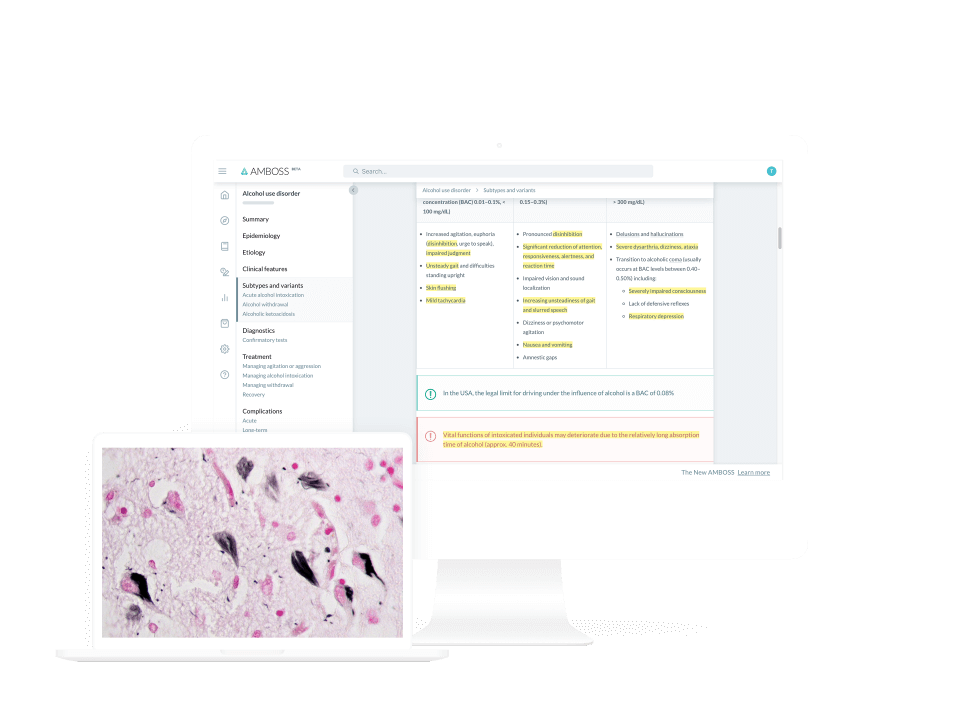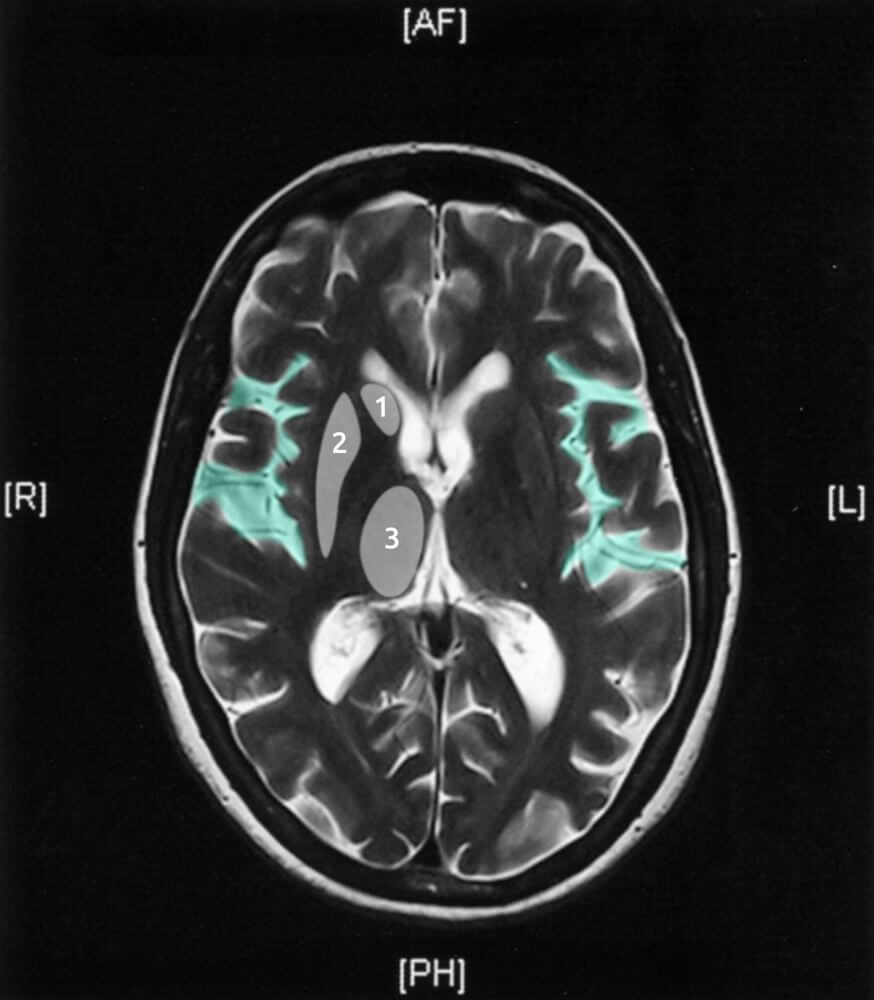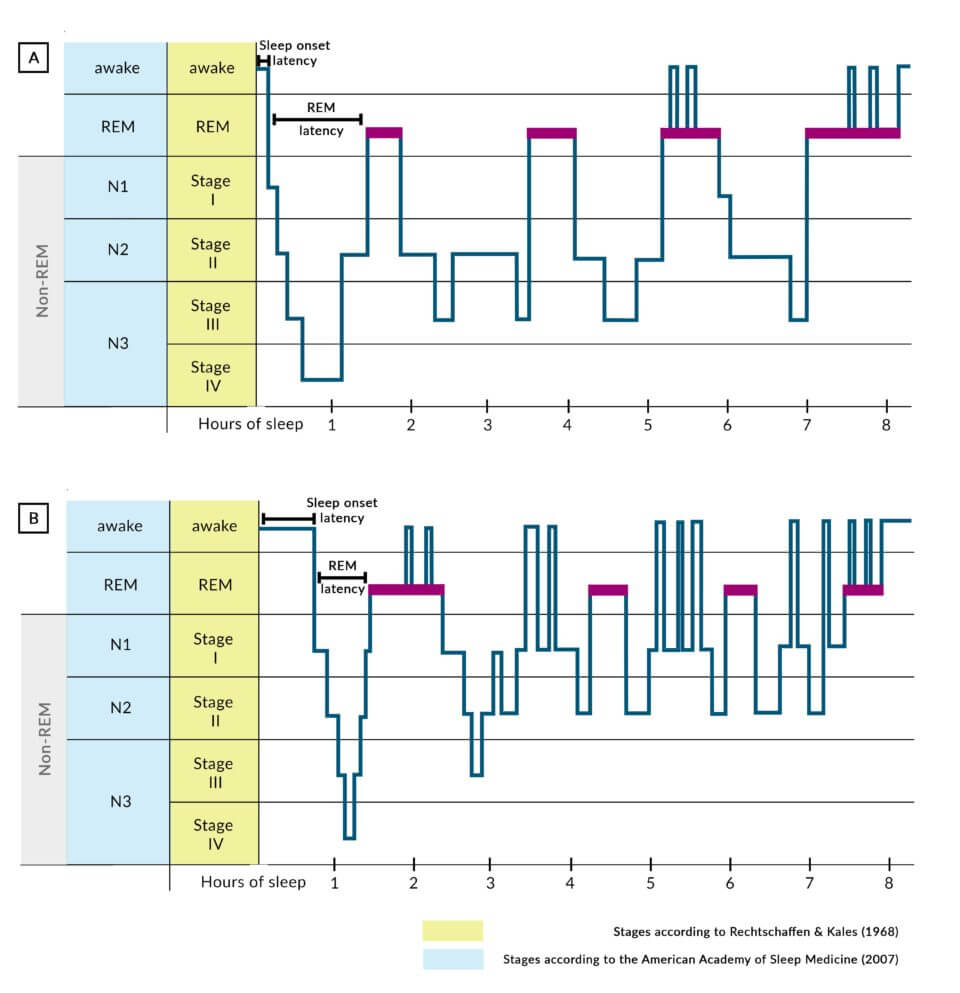
The NBME® Psychiatry Shelf exam assesses a student’s ability to diagnose and treat psychiatric illnesses. Success on the exam depends on what is learned during the Psychiatry clerkship in addition to coursework and dedicated study time. It is generally regarded as the least challenging Shelf, though that doesn’t mean students should be sparing with their study time. The exam will incorporate knowledge from other Shelfs, namely Pediatrics, Internal Medicine, OB-GYN, Geriatrics, and Preventive Medicine, and touch on psychiatric medications, adverse medication reactions, mood disorders, and psychoses.
Looking for a new Psychiatry Shelf resource?











